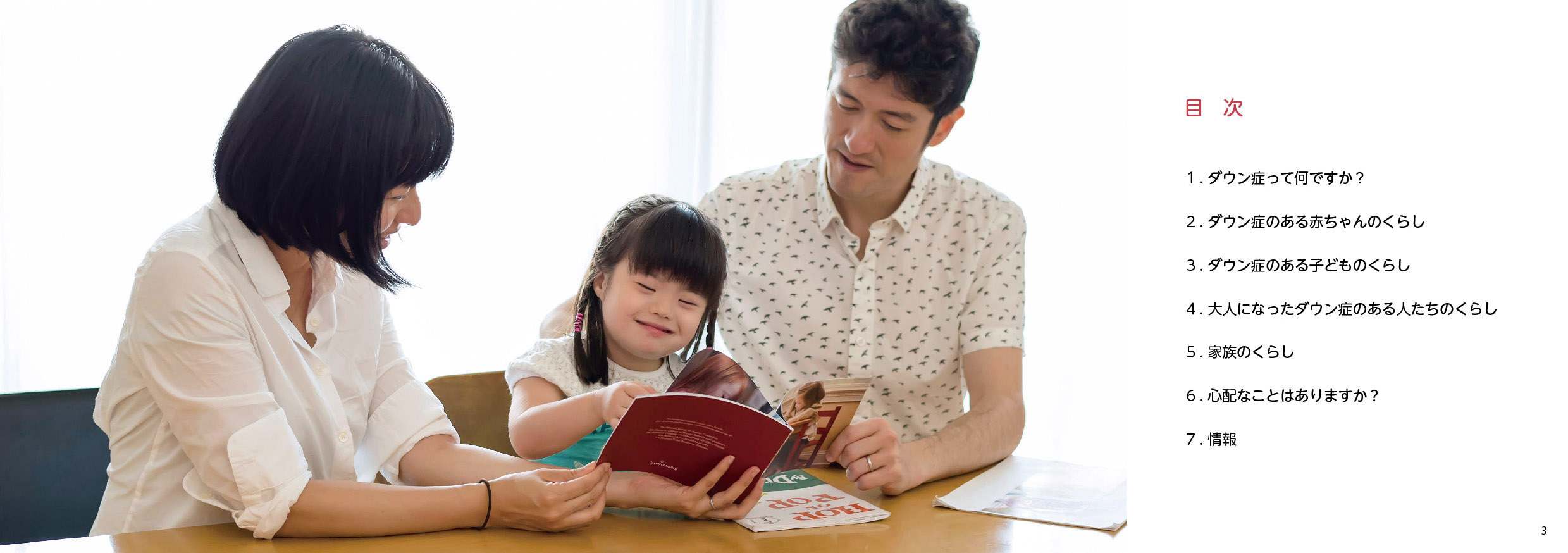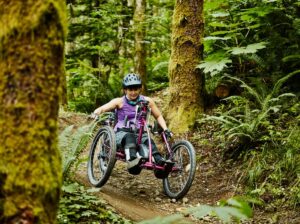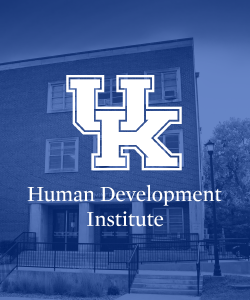On June 3-4, 2016, Stephanie Meredith, Medical Outreach Director of the Human Development Institute’s (HDI) Lettercase Program/National Center for Prenatal and Postnatal Resources at the University of Kentucky, will be speaking at a seminar in Japan for the Yokohama Project—an advocacy group in Yokohama City led by community leaders and disability advocates. Ms. Meredith is being hosted by the Yokohama Project to speak about new and expectant parent support following a diagnosis of Down syndrome; outreach to medical professionals; and the value of community inclusion and cross-cultural communication to improve the diagnosis experience. The seminar was arranged by Hiroko Kondo, a parent advocate in Yokohama and Director of the Yokohama Project.
The Yokohama Project involves community leaders in Yokohama City and disability advocates “seeking for a society where everyone, with or without disabilities, affirms each other and contributes in his or her own way, ultimately leading to a resilient society that can turn adversity into progress.” Ms. Meredith has worked as an advisor with the Yokohama Project over the past few years as they have created the booklet “Living with Down Syndrome” created with the same ideology as “Understanding a Down Syndrome” authored by Ms. Meredith. “Understanding a Down Syndrome Diagnosis” is a nationally-recommended booklet that is administered by HDI (a University Center for Excellence in Developmental Disabilities) and owned by the Joseph P. Kennedy, Jr. Foundation, and more than 50,000 copies have been distributed throughout the US.
Ms. Meredith describes, “After consulting with the Yokohama Project for the past few years as they have worked on their booklet for new and expectant parents, I’m looking forward to being able to sit down together and talk about ways that we can learn from each other. They have done an absolutely beautiful job with their booklet in creating photographs that authentically portray life with Down syndrome as we strive to do in our publications. And now as prenatal testing is expanding to other countries to identify Down syndrome even earlier, it is even more important for us to work together to talk about outreach strategies and social supports to make sure families receive the up-to-date information and support they need during an often overwhelming time.”
Ms. Kondo shares, “It is great honor for us to hold a lecture series on social inclusion of individuals with unique chromosome conditions by Ms. Stephanie H. Meredith. We hope we could share this opportunity for the US and Japan to further understanding the importance of update, accurate and balanced information on Down syndrome for our global society.”



